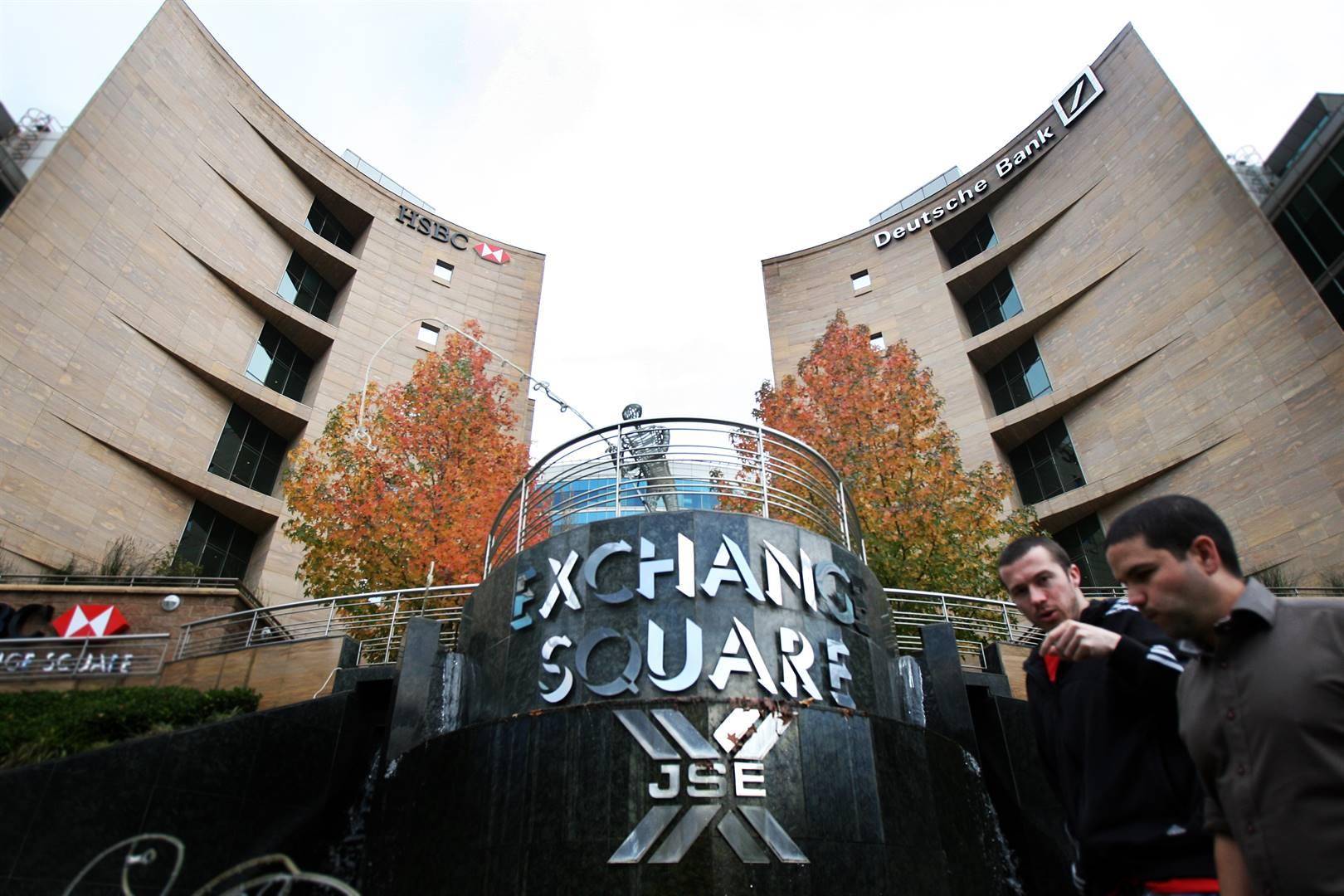While South Africa’s stock exchange remains dominant on the continent, smaller exchanges are leapfrogging ahead in terms of incentives and technology to attract small investors.
For example, Cameroon has extended the three-year tax break on companies listed on its stock exchange to last for as long as they remain listed.
And people in Rwanda can buy and sell government securities using their mobile devices through an “eSub” platform developed by their central bank. M-Akiba in Kenya uses M-Pesa to enable people to buy government bonds.
The Malawian Stock Exchange launched a WhatsApp portal to distribute critical information about companies listed on the exchange to ordinary retail investors.
The 2021 Africa Financial Markets Index, compiled by Absa in partnership with an independent think tank, the Official Monetary and Financial Institutions Forum (OMFIF), ranked SA as a leader on sophistication, openness, transparency and accessibility among the 23 financial markets on the continent. Mauritius and Nigeria were rated second and third, positions which they’ve held since 2019.
A wave of change
New stock exchanges are also emerging, with Lesotho preparing for its first listing. Sekhametsi Investment Consortium will be the first company to list on the Maseru Stock Exchange.
Ethiopia’s parliament has also endorsed a proclamation that will pave the way to create a securities exchange.
Many other countries are passing regulations that will make their stock exchanges more transparent and more diversified in terms of securities they offer.slide 1 of 1Countries with digital trading platforms. Source: AFMI survey 2021
Many stock exchanges are embracing financial technology companies and working with startups to automate their trading platforms and to lessen the regulatory burden on listed companies, said Jeff Gable, the head of macro- and fixed-income research at Absa.
“We’re certainly seeing stock exchanges in many parts of the continent, using technology to boost retail participation. Nigeria, for example, is allowing both mobile and online trading on the Nigerian Stock Exchange,” said Gable.
In SA, Absa said the JSE’s answer to this digitisation of the stock exchanges wave is the development of a digital private placements platform to raise capital for funding infrastructure and SME ventures.
Stock exchange innovations critical to attracting money from locals
Kat Usita, the head of reports at OMFIF, said these developments are a major boost in attracting investments into a country, which is critical as Africa looks to rebuild and get to a better space after the Covid-19 crisis.
For investors looking from the outside, innovations like that spark curiosity. They see them as a sign that the country is moving forward, and it sometimes influences their decisions to consider investing in the country.
“These interesting developments help draw attention to specific economies that are progressing in certain ways, and that helps investors think that they seem to be maturing,” said Usita.
But crucially, such innovations allow ordinary people to invest their savings in capital markets and thereby help countries raise money to finance infrastructure projects and smaller businesses.
Gable said African countries are often “guilty” of thinking that foreign investments will solve all their financial problems.
“One of the critical aspects that we try to get across in the Africa Financial Markets Index is that markets that are open and transparent and accessible aren’t just ones that are more attractive for foreign investors. But they make it open for domestic savers as well,” he said.
Gable said there are ample sources of savings of the continent that must be put into use. So, allowing many ordinary people to put a few rands or few shillings into a country’s stock exchange is just as crucial as attracting foreign investors.
